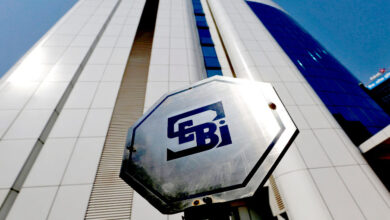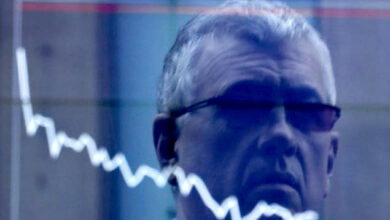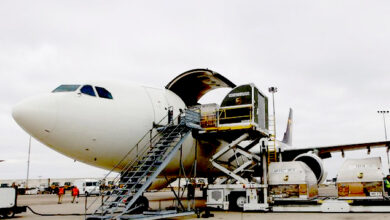Refashioning Europe’s Business Jet Sector: Pioneering Sustainable Transformation

Europe’s Business Jet Industry Embraces Sustainable Transformation Amid Challenges
GENEVA (Reuters) – The European business jet sector is seizing the opportunity to prioritize sustainability at its annual flagship event, the European Business Aviation Convention & Exhibition (EBACE), in Geneva this week. The industry is grappling with a decline in flights following the recovery of commercial aviation, along with mounting pressure to adopt greener practices.
Criticism has been directed at various stakeholders within the industry in Europe, as their activities are viewed as contributing to excessive emissions by global elites. According to Transport and Environment, CO2 emissions from private jets in Europe increased by 31% between 2005 and 2019.
European regulators are intensifying their push for a greener agenda, while activists have staged protests at airports, targeting the business jet sector. Demonstrators are expected to gather outside the conference venue in Geneva on Tuesday, underscoring the growing concern over the escalating number of private jet flights amid a worsening global climate crisis.
Conscientious consumers are also demanding change. Roman Kok, spokesperson for the European Business Aviation Association, notes that clients increasingly inquire about sustainable aviation fuel (SAF) and carbon offsets to minimize their environmental impact. The industry faces mounting scrutiny regarding the sustainability of flights.
To promote a positive outlook, the conference aims to showcase innovations in the sector, particularly in electric vertical takeoff and landing aircraft (eVTOL) and sustainable aviation fuel, which emits significantly less carbon compared to traditional jet fuel. Kok highlights the industry’s historical role as an early adopter of major innovations, which are subsequently embraced by larger commercial aviation.
However, the sector is not immune to economic challenges. Europe’s overall economic uncertainties have made potential customers more cautious about investing in or chartering private jets, as they are perceived as luxury items rather than necessities.
Richard Koe, CEO of WINGX, a business aviation-focused market intelligence firm, points to the darkened post-COVID macroeconomic environment, including supply chain disruptions, inflation, higher interest rates, and geopolitical tensions. Business jet flights in Europe have declined by approximately 6% compared to the same period in 2022, according to WINGX data.
Although business aviation initially rebounded faster than commercial air travel in the aftermath of the pandemic, rising interest rates and economic pressures cast doubt on the sustained demand for private planes. This uncertainty arises even as corporate aircraft manufacturers increase production in 2023.
Kok highlights the correlation between industry growth and the broader economy, emphasizing that when economic growth is limited, it also affects the business jet sector. Consequently, the industry is not experiencing the same growth rates witnessed in 2017 and 2018.





